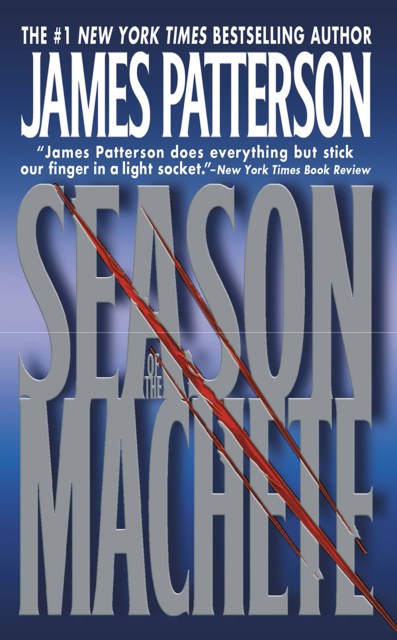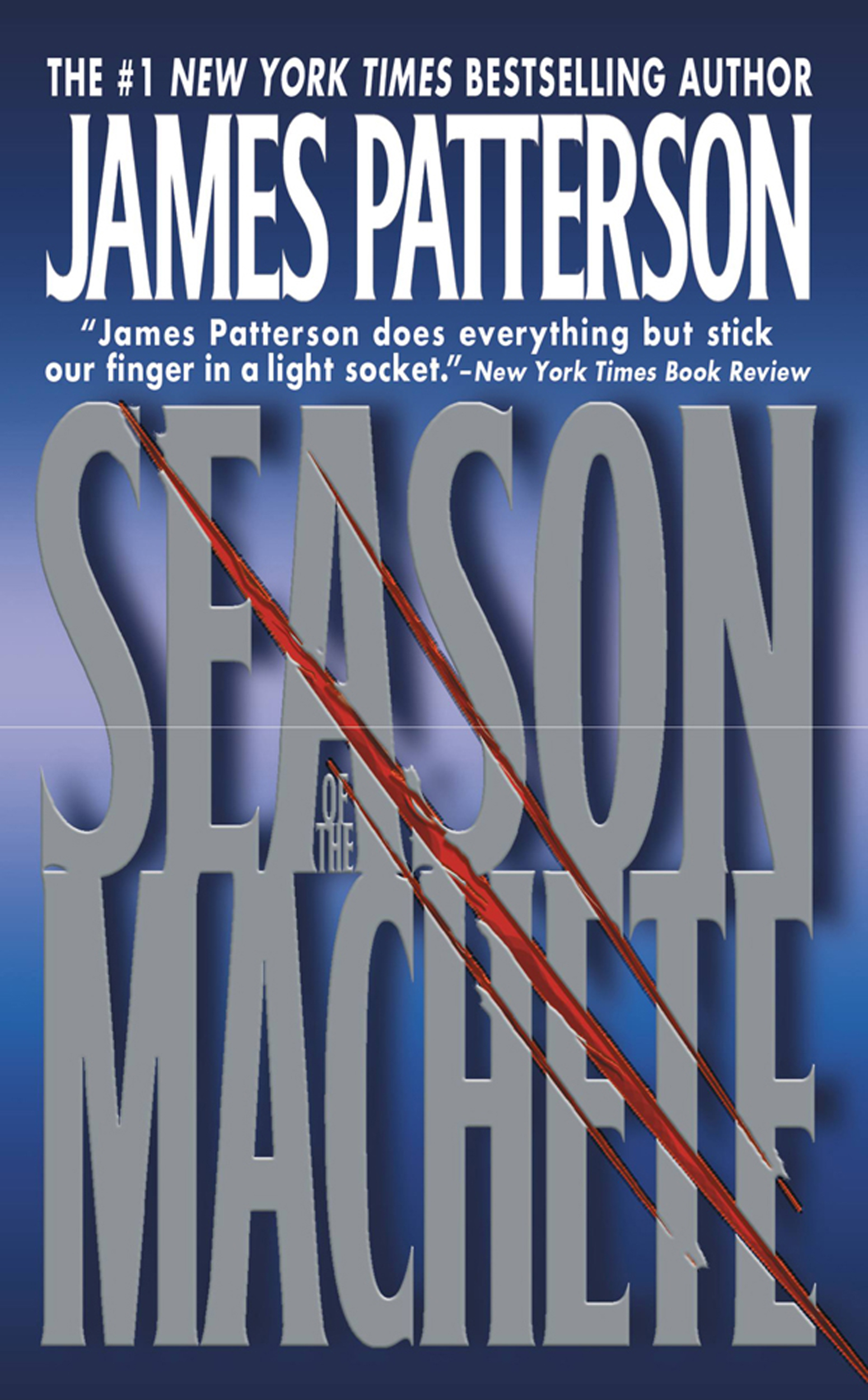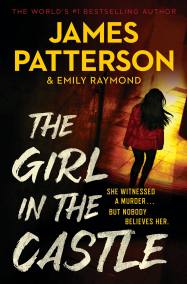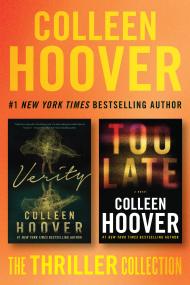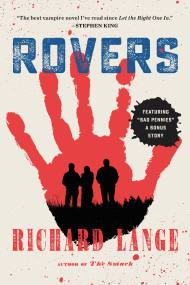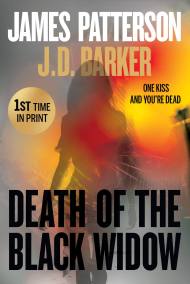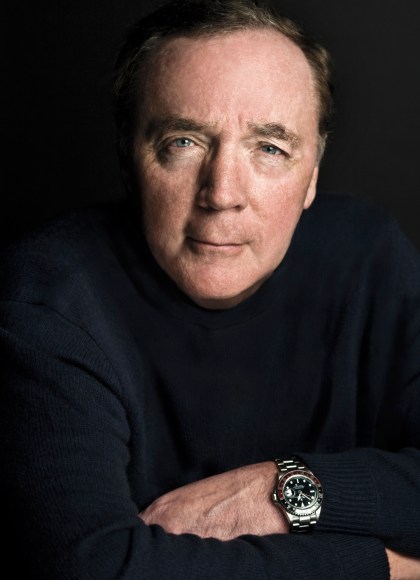Promotion
Use code MOM24 for 20% off site wide + free shipping over $45
Season of the Machete
Contributors
Formats and Prices
Price
$9.99Price
$12.99 CADFormat
Format:
- ebook $9.99 $12.99 CAD
- Audiobook Download (Unabridged)
This item is a preorder. Your payment method will be charged immediately, and the product is expected to ship on or around June 1, 2006. This date is subject to change due to shipping delays beyond our control.
Also available from:
Two killers are chasing an American man who’s about to face cold-blooded terror on a picture-perfect vacation . . . and discover a truth that could destroy them all.
Cool and glamorous, they appear to be a successful couple on a holiday . . . but Damian and Carrie Rose are psychopathic murderers for hire. On this picture-perfect vacation island, their target is Peter Macdonald, a dashing young American who forsakes a life of leisure to confront cold-blooded terror. But when they clash in a shocking endgame, a hideous truth will emerge — one that might destroy them all.
Genre:
- On Sale
- Jun 1, 2006
- Page Count
- 352 pages
- Publisher
- Vision
- ISBN-13
- 9780759567573
Newsletter Signup
By clicking ‘Sign Up,’ I acknowledge that I have read and agree to Hachette Book Group’s Privacy Policy and Terms of Use
